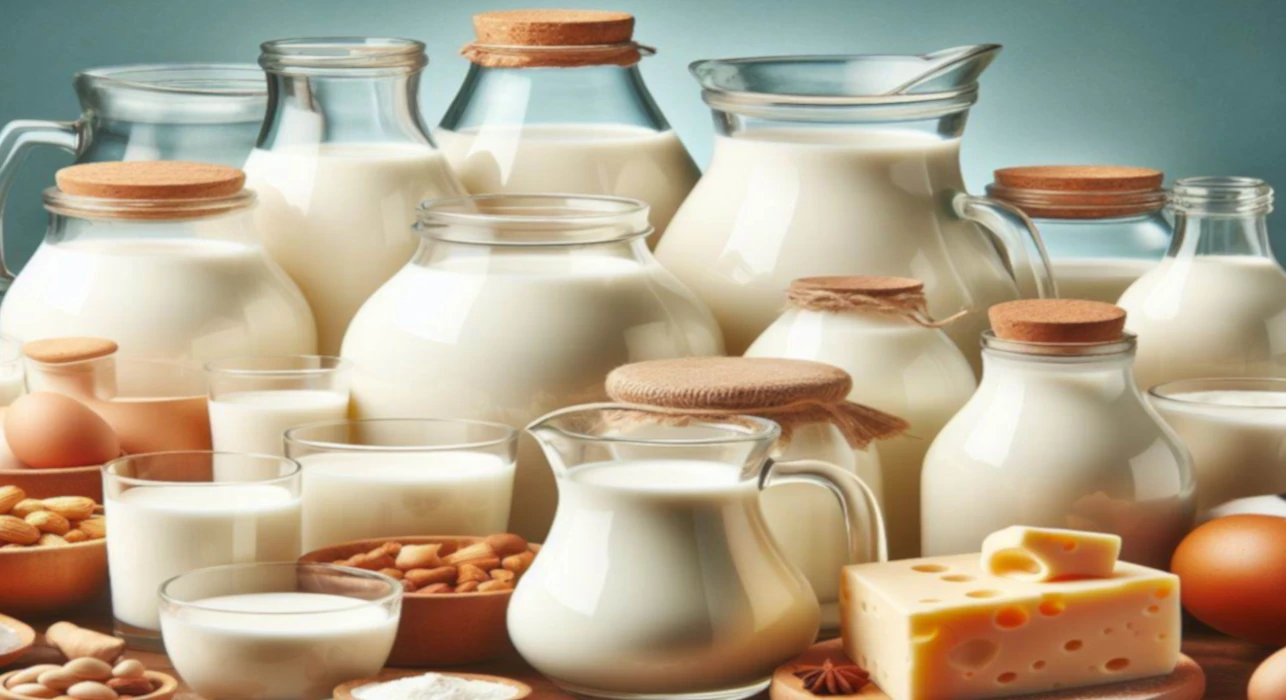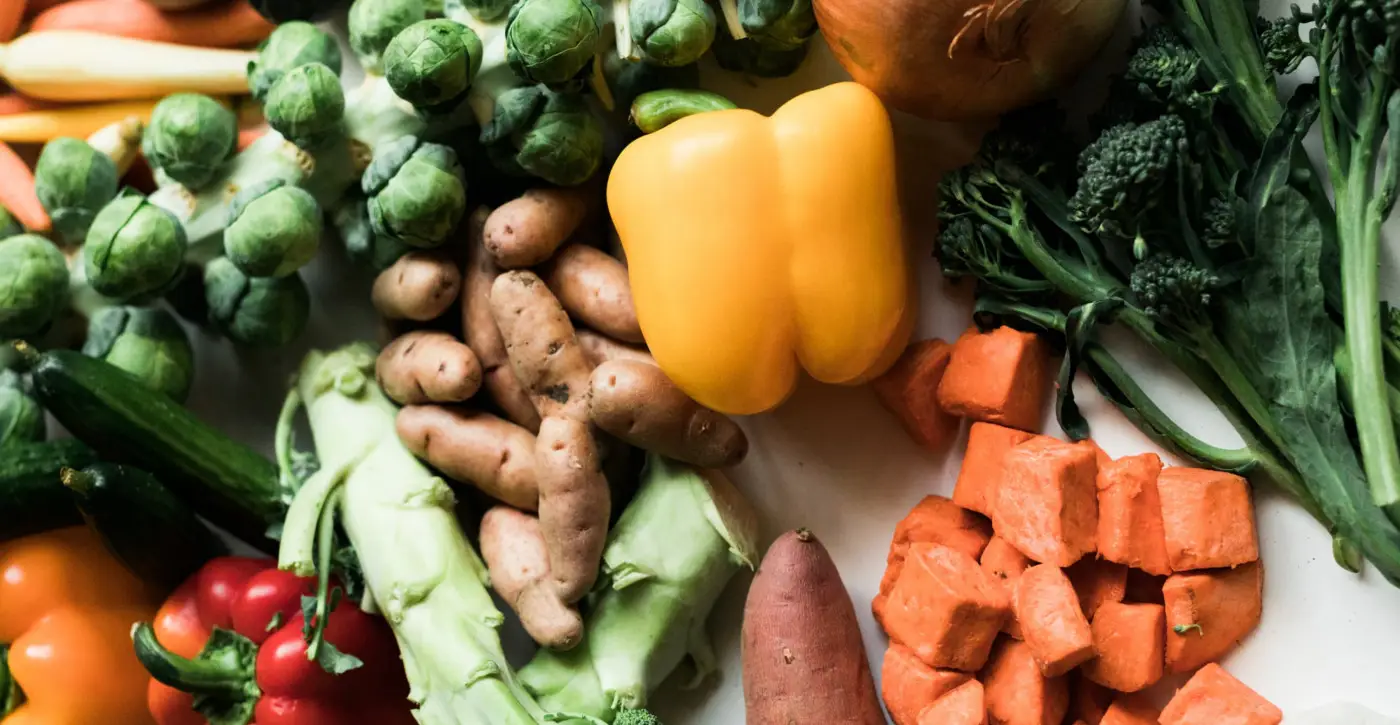Buttermilk Lysine and Arginine Info Sheet
Overview
Buttermilk is a fermented dairy product that is made from the liquid left after churning butter.It has a thick, creamy texture and a tangy, sour flavor. It is often used as a drink, a baking ingredient, or a marinade for meat.
Buttermilk is low in fat, calories, and cholesterol, but high in protein, calcium, and phosphorus.
It also contains probiotics, which are beneficial bacteria that can improve digestion and immunity.
| Name | Lysine (mg/100g) | Arginine (mg/100g) | Ratio |
|---|---|---|---|
| Buttermilk | 243mg | 111mg | 2.197 |
Buttermilk contains 243mg of Lysine and 111mg of Arginine per 100g of product.
This means Buttermilk has a very high Lysine-Arginine ratio of 2.197.
Because Buttermilk contains much higher levels of lysine than arginine, it is highly recommended for people who suffer from herpes, as it may prevent outbreaks.
Lysine Considerations
Buttermilk is a good source of lysine, an essential amino acid that is important for protein synthesis, collagen formation, and immune function.
Lysine also helps prevent cold sores caused by the herpes simplex virus.
It is one of the nine amino acids that the human body cannot make by itself, so it has to come from the food we eat.
Lysine has many functions in the body, such as helping with growth, healing, energy, immunity, and collagen production.
Lysine may also have some effects on the herpes virus, which causes cold sores and genital sores.
Studies have suggested that taking lysine supplements or applying lysine cream may help prevent or treat these infections by blocking the amino acid arginine, which the virus needs to grow.
Arginine Considerations
Buttermilk is also a good source of arginine, another essential amino acid that is involved in wound healing, nitric oxide production, and growth hormone secretion.
Arginine may also improve blood flow, lower blood pressure, and enhance sexual function.
Arginine can contribute to cold sore outbreaks, which are blisters caused by the HSV-1 virus, also known as herpes.
Arginine aids in the growth of HSV-1, which needs this particular amino acid to multiply and infect cells.
Arginine can be obtained through our diet, and is found in multiple high-protein foods such as nuts, seeds, and chocolate.
Regrettably, the herpes virus is known to "feed" on arginine, and a diet abundant in arginine compared to lysine may increase the frequency and severity of cold sores and herpes outbreaks.
Lysine-Arginine Ratio
Buttermilk has a high lysine-arginine ratio, which means that it has more lysine than arginine.
This may be beneficial for people who suffer from herpes outbreaks, as lysine can inhibit the replication of the virus, while arginine can stimulate it.
However, the lysine-arginine ratio is not the only factor that affects herpes infection, and other dietary and lifestyle factors should also be considered.
The herpes simplex virus, which causes oral and genital herpes, needs arginine to multiply and infect cells.
Lysine, on the other hand, can interfere with the absorption of arginine in the intestine, and thus limit the availability of arginine for the virus.
By eating a diet higher in lysine than arginine, one may be able to prevent or treat herpes flare ups.
Foods that have a high lysine-arginine ratio include milk and cheese, fish, poultry, fruits, and vegetables.
These foods can supply the body with sufficient lysine to compete with arginine and inhibit the virus from replicating and causing symptoms.
Dietary Considerations
Dairy is a broad term that includes milk and any of the foods made from milk, such as butter, cheese, ice cream, yogurt, and condensed and dried milk.
Dairy is a good source of lysine, an amino acid that can help to prevent herpes outbreaks.
Milk has a high lysine-arginine ratio, which means it has more lysine than arginine, another amino acid that can stimulate the replication of the herpes virus.
Products that contain milk, cream, yogurt, and cheese also have high levels of lysine and can benefit herpes flare up prevention.
That said, some dairy and dessert products may also contain high levels of sugar, fat, and calories, which can weaken the immune system and trigger outbreaks.
These products should be consumed in moderation and with caution by people with herpes.
Some dairy products that are a good source of lysine and somewhat low in sugar, fat, and calories are skim milk, low-fat yogurt, cottage cheese, and frozen yogurt.
Dairy-free alternatives to milk, such as oat milk, almond milk, coconut milk, and rice milk, may not contain such high levels of lysine as dairy products.

For instance:
A well-balanced and healthy diet that strengthens your immune system and lowers inflammation is important.
This means you should eat a lot of fruits, vegetables, whole grains, lean protein, and good fats, and avoid processed foods, added sugars, alcohol, and caffeine.
Avoid alcoholic beverages and caffeine which can overstimulate your body, leave you dehydrated, and compromise your immune system.L-lysine supplementscan help you prevent herpes outbreaks and stop a cold sore before it develops by depriving the virus of arginine, which it needs to form a cold sore.
To prevent outbreaks, avoid foods that can cause allergic reactions or sensitivities, such as gluten, dairy, nuts, eggs, or shellfish.
These foods can harm your immune system and make inflammation worse.
Pain, swelling, and itching can be reduced by eating foods that have anti-inflammatory, antiviral, and antibacterial properties, such as honey, yogurt, aloe vera, and chamomile.
These foods can also help you heal faster by promoting tissue repair.
Check more food information






